What we know about the UCI's Gravel World Cup and World Championships
Since the announcement in September, almost 4 months of silence have passed. The news that the UCI was preparing a World Cup and a Gravel World Championships for 2022 generated a lot of excitement and expectations. But what do we really know about them, and when are we going to have all the data that remains to be known? We have gathered the information available until today to bring you up to date on these two new competitions.

Erwin Vervecken, a familiar figure at the controls of the UCI Gravel Series
In its initial press release, the UCI only confirmed two things about it. On one hand, that it would be a series of mass events that would allow the best riders (the 20-25% with the best times in each age group) to qualify for the subsequent World Championships. In other words, the same system that already exists with the Gran Fondo. And, on the other hand, the organiser would be the same as in the Gran Fondo: the Belgian company Golazo.
At the head of it is a well-known name in the world of cyclo-cross: Erwin Vervecken, who was world champion in 2001, 2006 and 2007. And, in several interviews given in recent weeks to media such as VeloNews or Gravel Union, the cyclist has been revealing some details about how the format will be.
RECOMENDADO
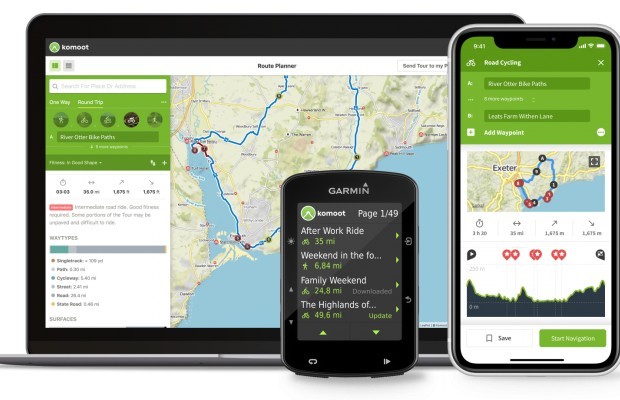
The best apps for cycling and mountain biking
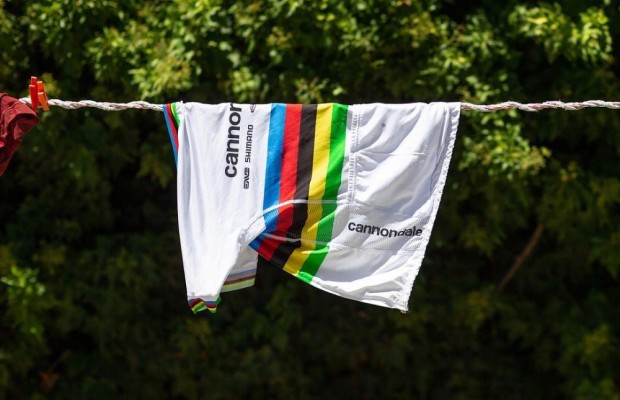
How to wash your cycling clothes? 10 keys to make them always look new
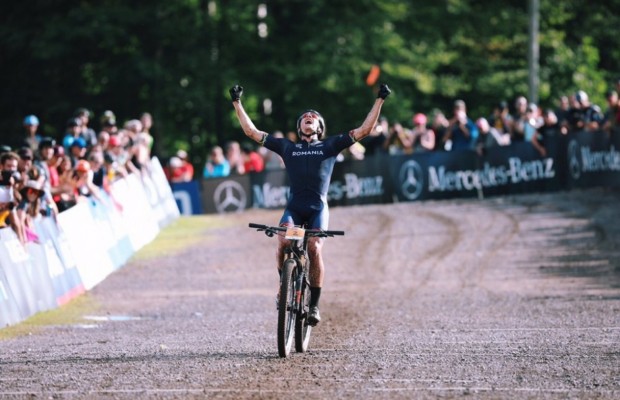
The real importance of signing up for a race
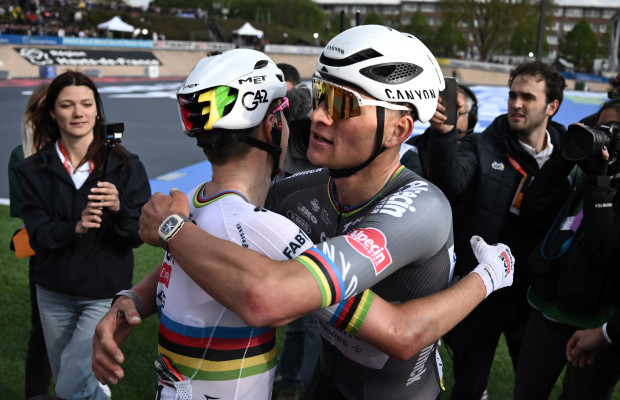
Complete list of the highest paid cyclists of 2025
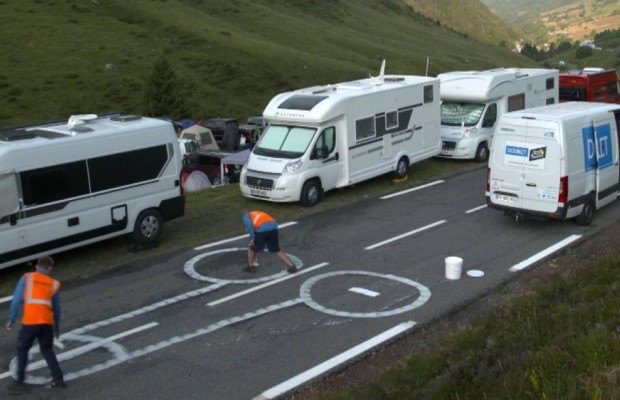
This is how they erase the penises that are drawn on the roads of the Tour de France
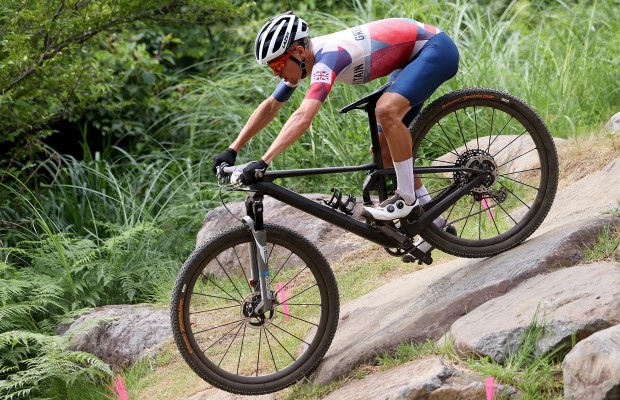
What bike size do you need? Here's how to find out
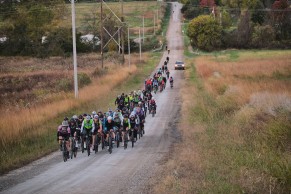
In principle, the routes will be in the range of 100-150 km (i.e. shorter than many of the more popular challenges of this type), and will include at least 60% dirt roads. To differentiate it from MTB, there will be virtually no single track trails or technical descents.
For the rest, Vervecken assures that the equipment regulations will be very lax, at least for the first few years. So it will be possible to participate in the different events with almost any bike: MTB, road... Only time trials bikes and e-bikes will be excluded, for obvious reasons, and the minimum weight set by the UCI will be kept at 6.8 kg.
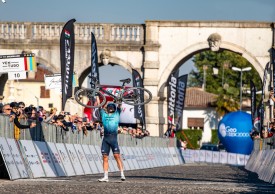
The stars, one foot inside
Furthermore, after some confusion and hoaxes, what we do know is that professional cyclists will also be able to race in the World Cup and the Gravel World Championship. This is great news in terms of media interest in this discipline. Several big names have already expressed their interest or even made their debut on gravel.
Remco Evenepoel, for example, finished in the top ten at the last Belgian Waffle Ride in Kansas. And Alexey Lutsenko in October became the first winner of the first gravel race for pros, the Serenissima (in Veneto, Italy). In addition, both Peter Sagan and Mathieu Van der Poel have been open to competing in the World Championships. The interest of brands such as Specialized, Canyon or Wilier in showing their gravel models has a lot to do with this.
Other big names, even if they are no longer professionals, are also involved in this. Tinker Juárez, who recently signed for Floyd Landis' business team, and Laurens Ten Dam are two of the main examples.
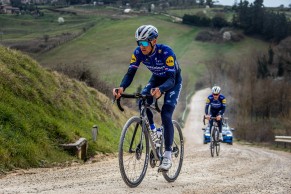
A brief history of gravel
Although it has taken the cycling world by storm, it should be remembered that gravel is a very new discipline. The first events did not appear until after the year 2000, mainly in the United States and Canada. These events are similar in format to the Gran Fondo (sometimes also called 'Dirty Fondo'), but on unpaved roads, and soon caught the imagination of many fans.
Unbound Gravel (the former Dirty Kanza in Kansas), Barry-Roubaix (in Michigan), Paris 2 Ancaster (in Ontario, Canada) or Belgian Waffle Ride (in California and other states) are among the best known of these races. But also on the other side of the Atlantic they are starting to emerge strongly in recent times.
And, in fact, although Vervecken did not reveal the exact calendar, which has yet to be finalised, he did indicate that there will be more than four events in North America, as well as several in the Old Continent and Australia, and one in Asia. In Europe, without mentioning any specific location, he did specify that they will take place "in the traditional cycling countries: Italy, France, Belgium, Spain, the Netherlands...". So there will be at least one date on the Peninsula.
We don't know if it will be one of those that already exist (the Iron Gravel of Alicante or the Sierra Norte Challenge of Madrid could be candidates, given the distances involved), as the person in charge himself assures us that there will be both races that are already known and others that will be born this year.
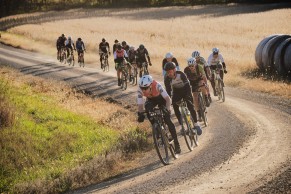
When will we know more?
As for the World Championships, all indications are that the first one will be held in the United States, although this is not yet certain. Vervecken, while stressing that this is not part of his remit, did reveal that he knows that there is "one candidate in America and one in Italy". And the dates, as you can guess, are also still to be decided.
It seems that the unknowns will be cleared up at the beginning of February, when the UCI will make a new announcement with more details. On 30 January, at the CX World Championships in Fayetteville, all the remaining loose ends will be ironed out.